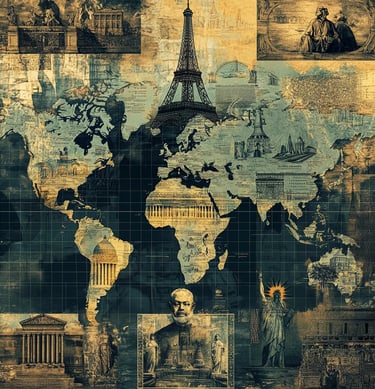Genghis Khan, the founder of the Mongol Empire, died on August 18, 1227, during a military campaign against the Western Xia dynasty. His death sparked internal struggles for succession among his heirs but did not immediately halt the expansion of the Mongol Empire, which became the largest contiguous empire in history.
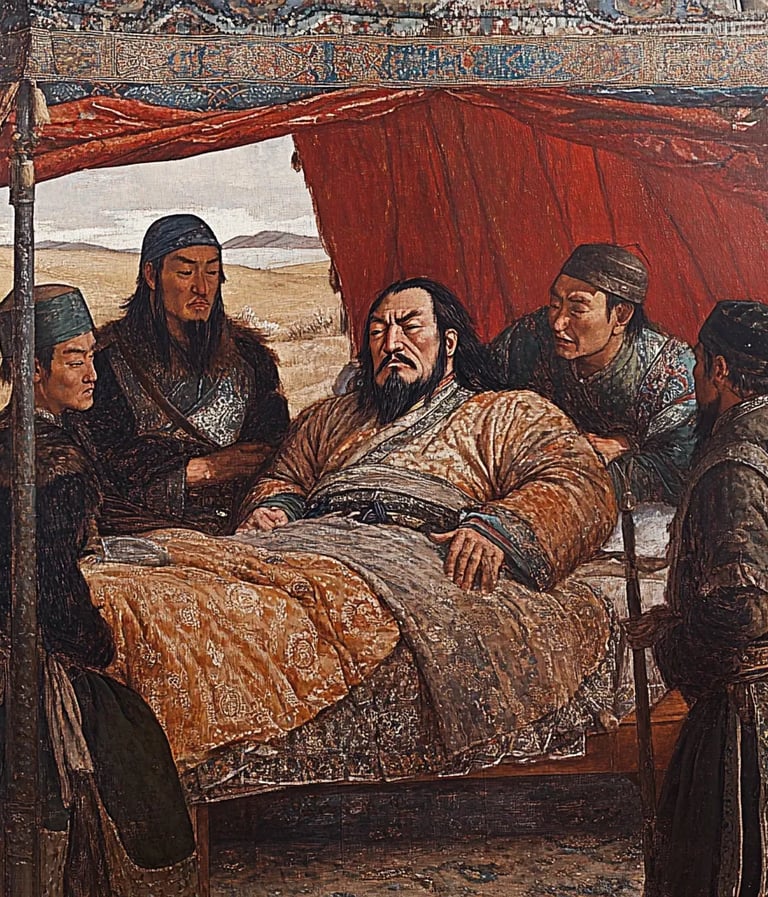

1227 - Genghis Khan Dies
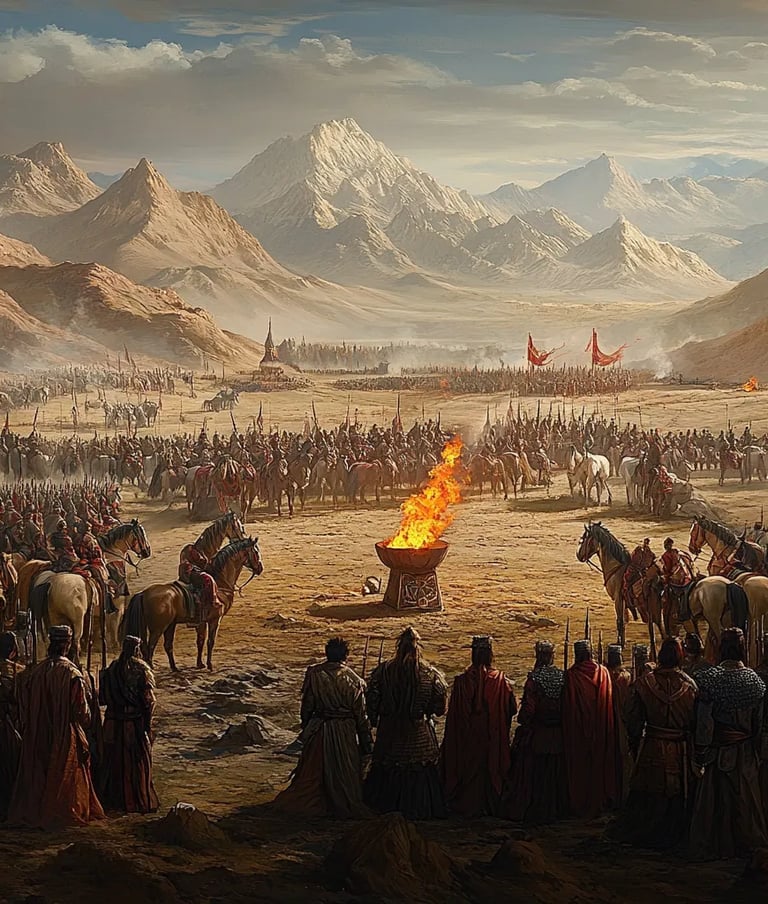

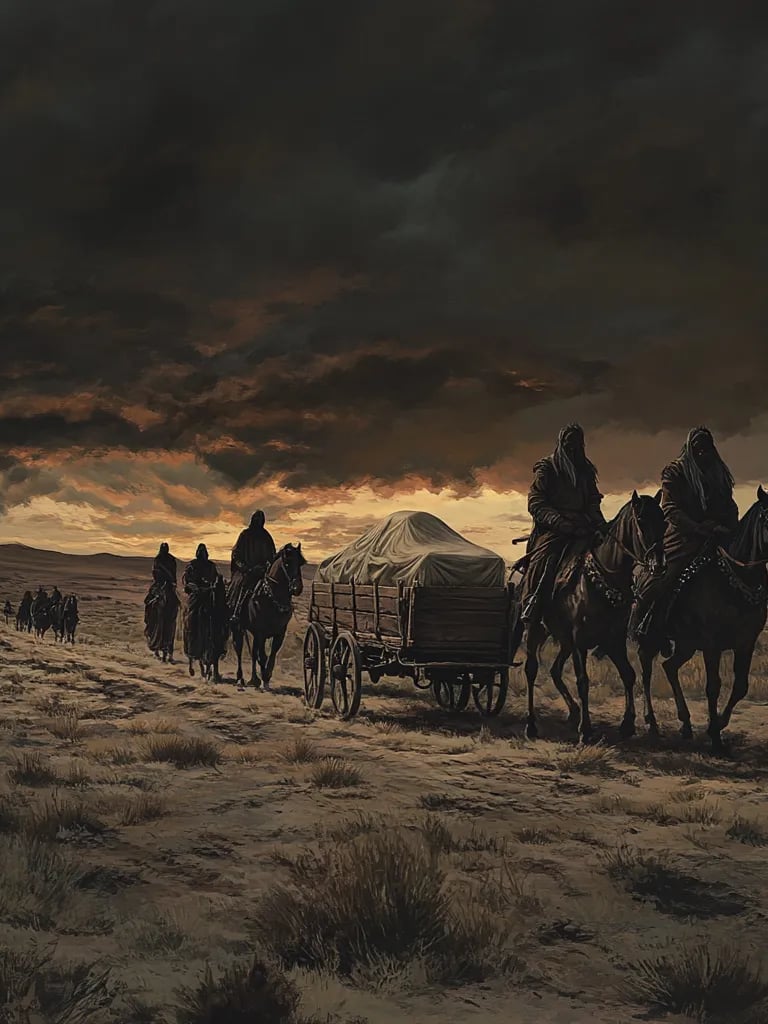

On August 18, 1953, the CIA, along with British intelligence, orchestrated a coup to overthrow Iranian Prime Minister Mohammad Mossadegh. Mossadegh had nationalized the oil industry, angering Western powers. His removal led to the reinstatement of the Shah, laying the groundwork for future political unrest in Iran.


1953 - CIA Helps Overthrow Iranian Prime Minister
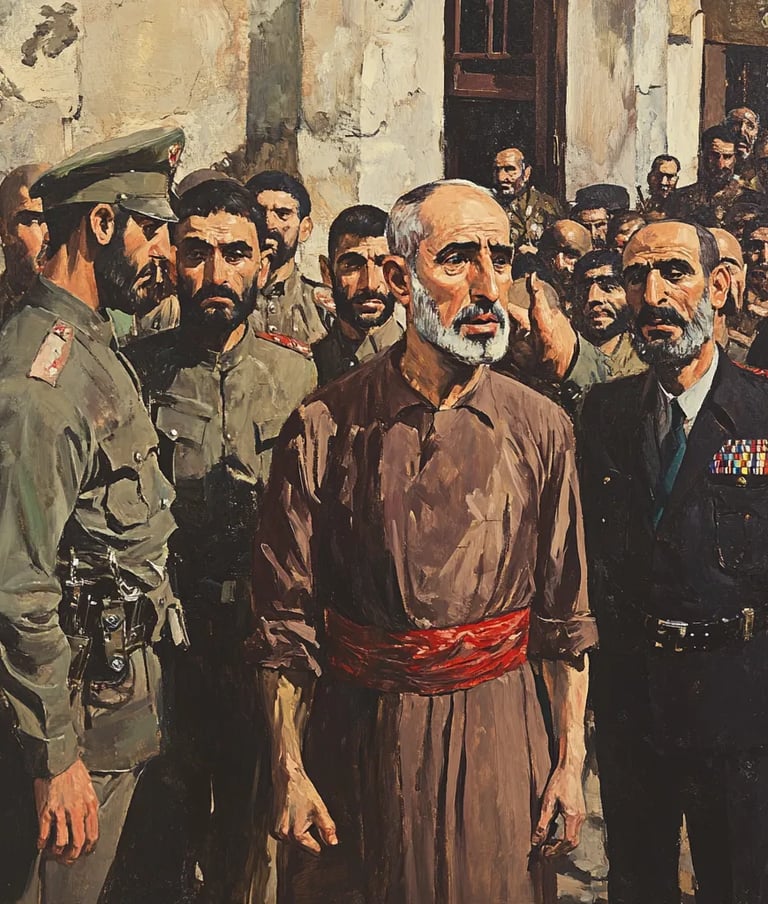

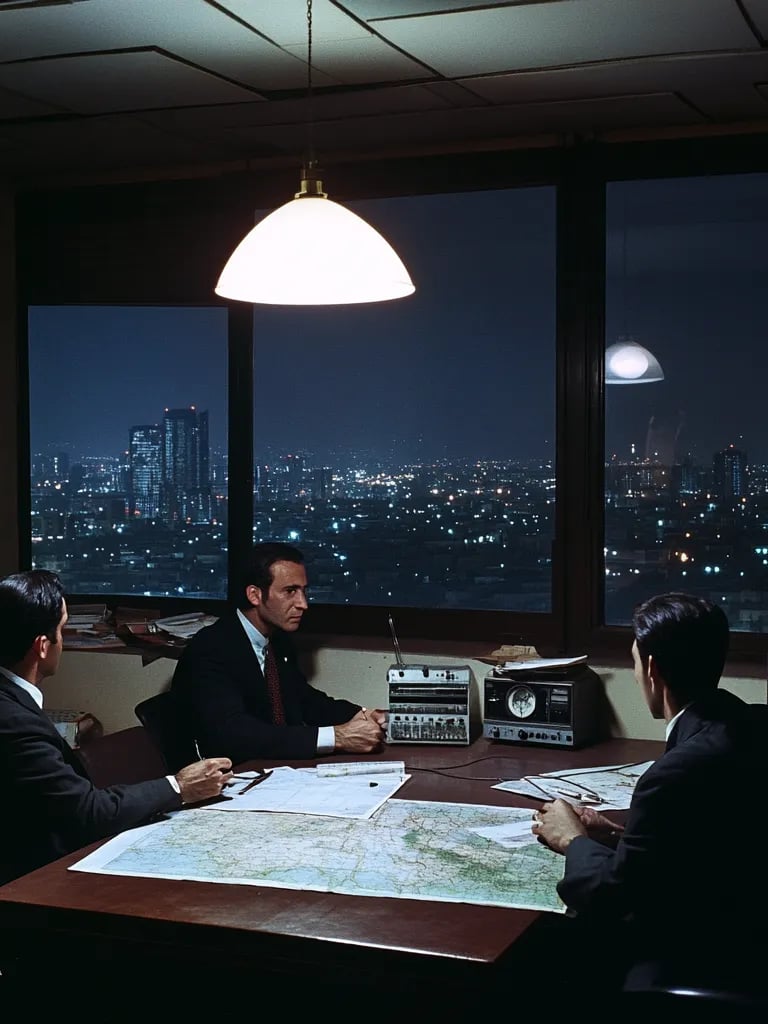

On August 18, 1964, South Africa was officially banned from participating in the Olympic Games due to its policy of apartheid. This action was taken by the International Olympic Committee (IOC) in response to growing international pressure. The ban remained in place until apartheid was abolished, and South Africa rejoined the Olympics in 1992.


1964 - South Africa is Banned from the Olympics
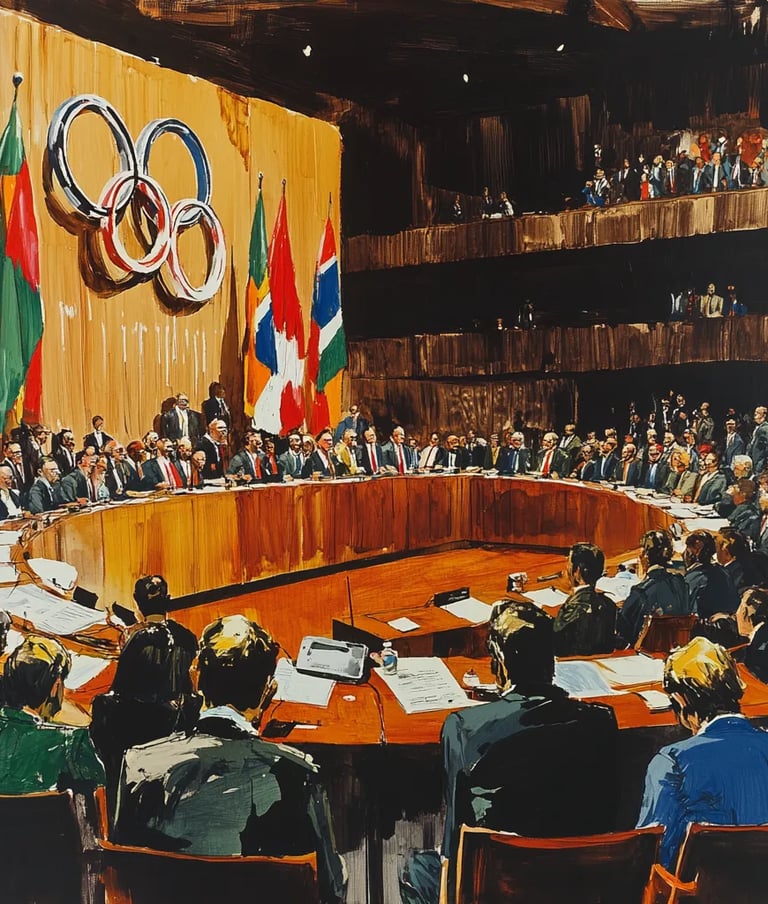



On August 18, 1834, Mount Vesuvius, the infamous volcano in southern Italy, erupted, sending ash and smoke into the sky. While this eruption wasn’t as catastrophic as its historical predecessor in 79 CE, which buried Pompeii, it still served as a reminder of the volcano's persistent danger to nearby communities.e
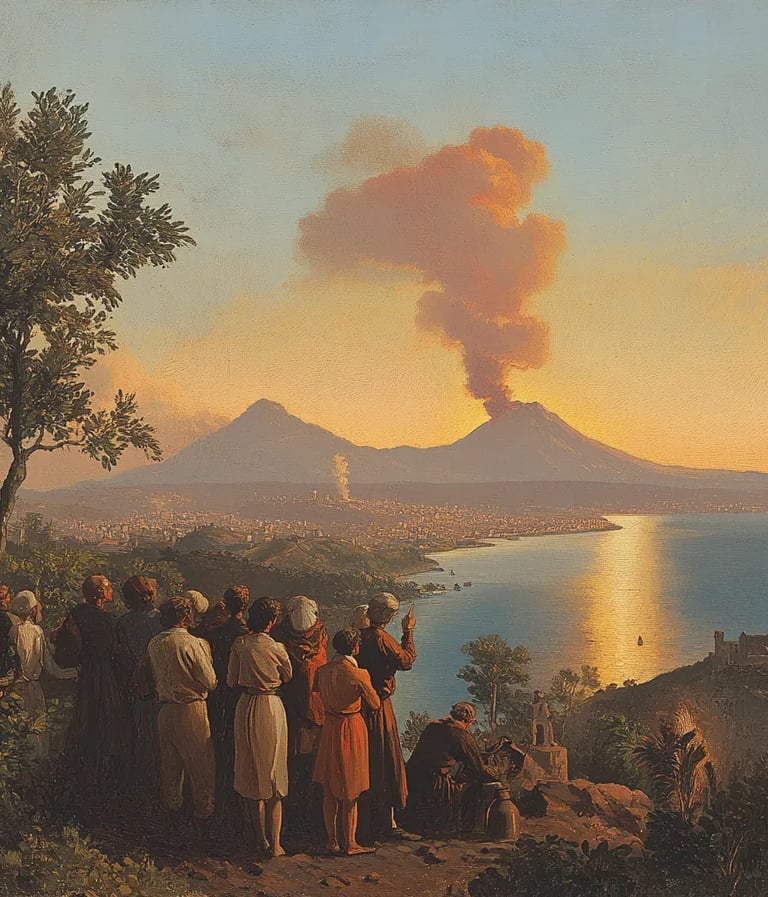

1834 - Mt. Vesuvius Erupts
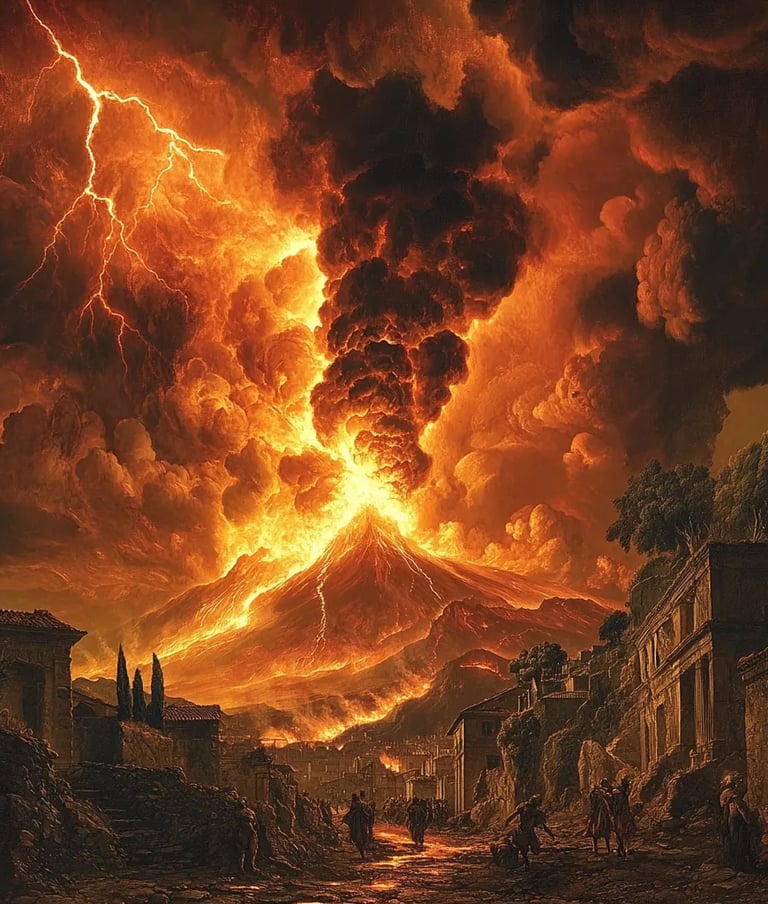

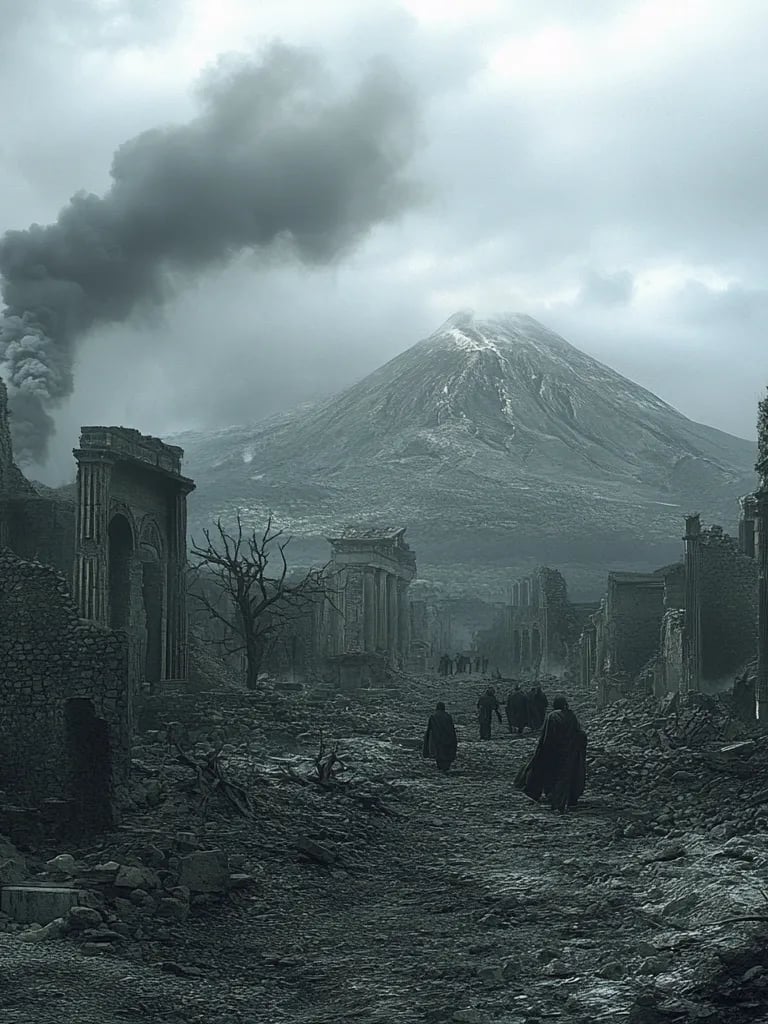

On August 18, 2004, Google made its initial public offering (IPO), opening at $85 per share and instantly revolutionizing the tech industry. The company’s founders, Larry Page and Sergey Brin, became instant billionaires. This IPO set the stage for Google’s global dominance in search, advertising, and technology innovation.





